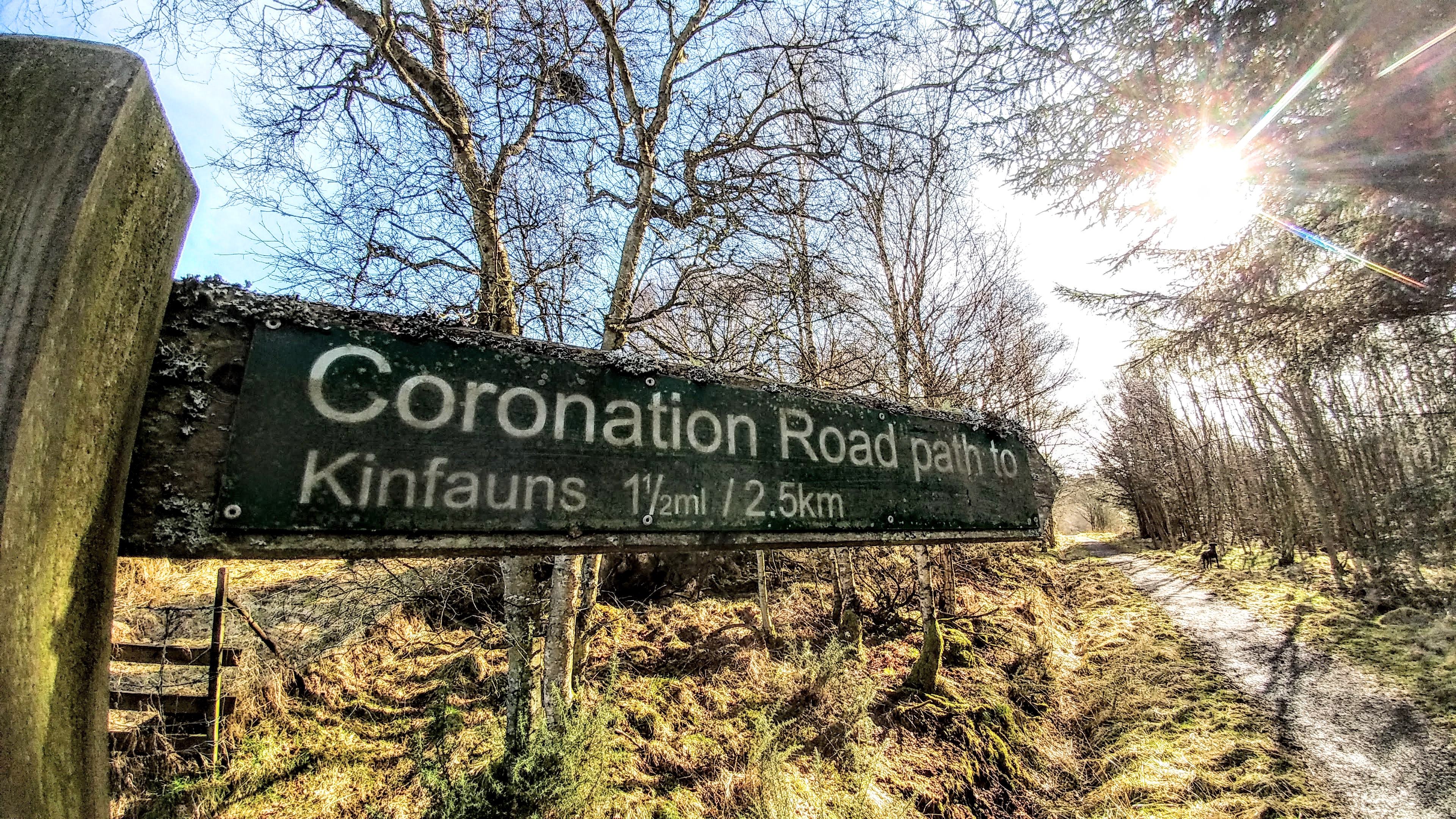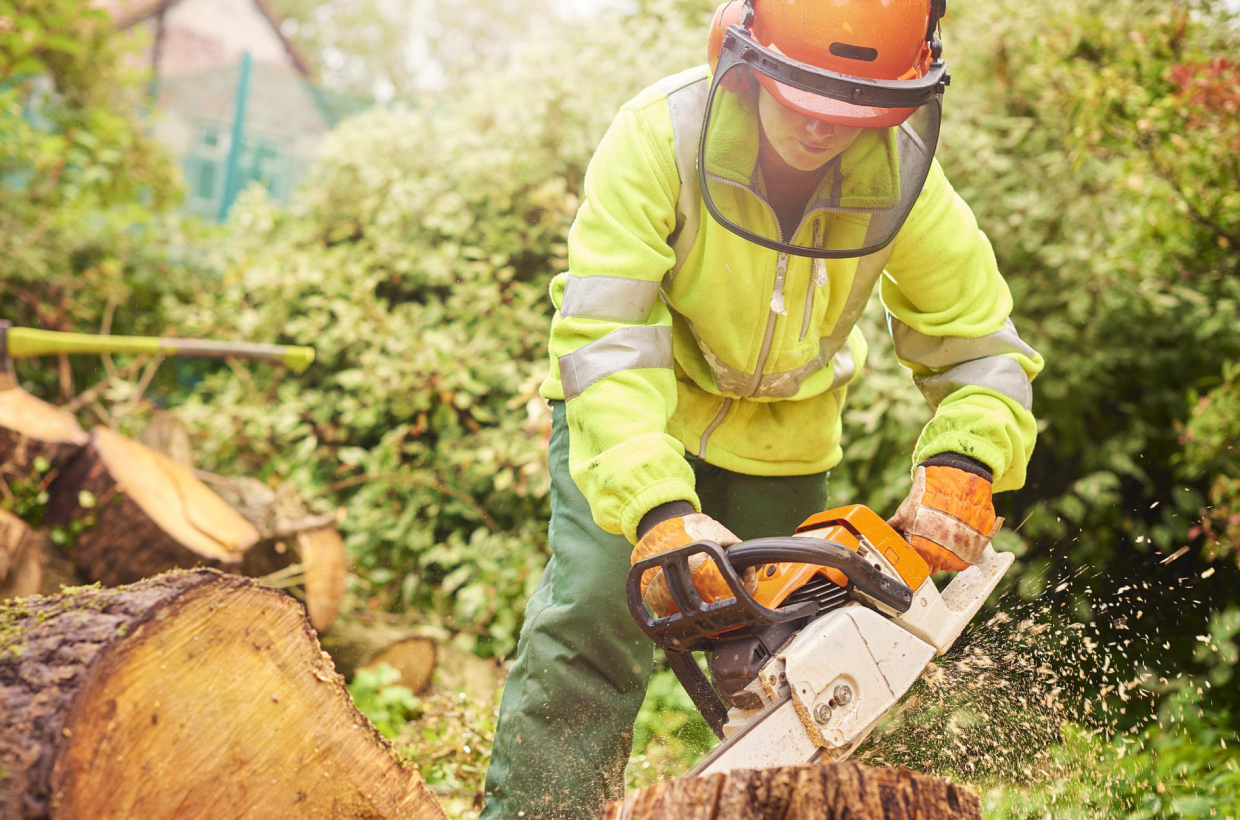
Access and Recreation Officers manage public access, often in a specific geographical area or along a route. They undertake access surveys - monitoring use, damage and obstructions on public rights of way, negotiating improvements with landowners. Some focus on the legal definition of public access, researching and maintaining a definitive access map.
Officers often advise visitors about safe and responsible access to the countryside, leading guided walks or help others to develop self-guided trails. Officers may also carry out some maintenance, or develop programmes of work for colleagues, volunteers or contractors.
There are both urban and rural opportunities across the UK, including local authority countryside services, National Park Authorities and in National Trail management. Charitable trusts, such as The Woodland Trust and The National Trust also offer paid and voluntary positions.
Also known as: Access and Recreation Development Officer, Recreation Strategy Officer
You’ll need:
to understand the legal basis of countryside access and recreation.
to be a good communicator, a strong negotiator and a problem-solver
to handle conflict and work well under pressure
to work well in a team or on your own initiative
to be flexible, practical and hands on when need to
to use a computer or hand-held device for some tasks
Depending on the area covered, there may be a lot of travelling between different sites, so a driving licence and access to a vehicle is usually needed.
Around 40 hours per week – the hours may vary, and weekend or bank holidays can be required. There may be part-time, voluntary, self-employed and consultancy opportunities available.
Promote responsible public use of outdoor sites
Developing strategies for raising awareness and increasing access, producing informative media and deliver activities
Negotiate with land managers and a wide range of access user and other interest groups.
Implementing enforcement action when necessary
Consult to improve or protect the conservation or recreational value of land or marine sites
Plan and conduct field surveys, reporting on the condition of the environment
Identify species and interpret data from field surveys and report on findings
Regardless of the season, work can be inside or outdoors in all weathers. Officers are likely to be provided with protective clothing (PPE), tools and equipment required to undertake the job.
Training is an essential part of any job, giving you the skills and knowledge you need to do your job safely and correctly. It also helps to strengthen your current skill set and prepares you for the next stage in your career.
Apprenticeships help you build the experience and skills that employers want to see. No matter what stage you’re at, they’ll help set you up for a bright future. There are lots of ways to get involved.
With experience and relevant qualifications it is possible to progress to management or more senior positions. It may be necessary to seek opportunities with an alternative employer to progress. Self-employed contract work, both on a practical and consultancy basis may also available.
Access and Recreation Officer will usually work in one of the following industries. Click below to find out more about possible career paths.
Want to help protect our natural environment? Passionate about helping others understand the beauty around them? Then a career in environmental conservation may be for you.
People working in environmental conservation help look after the landscapes, habitats and species of the UK and Ireland’s hugely varied rural, costal, marine and urban areas. As well as offering spaces for rest and relaxation, our landscapes and habitats are important ways we can all find out more about our environment. They help people learn about sustainable land use, biodiversity and climate change, inspiring us to work together to solve the challenges our environment faces by reinstating woodlands, conserving habitats and protecting our coastline.
Environmental conservation offers a host of exciting career options for people who want to protect the environment and help other people enjoy it in a sustainable way. Whether you want to work in your local park, a nature reserve, our beautiful countryside or work on conservation around the world, if you’re interested in science, like working outdoors or want to help find answers to the big environmental questions we face, this diverse industry may the place for you.
Over 60,000 people are employed in conservation and environmental roles in the UK, with a further 190,000 engaged as volunteers
Between 2000 and 2019, the amount of time volunteers contributed to conservation activities in the UK increased by 61%
The UK Government has committed to protect 30% of the UK’s land by 2030 to support biodiversity
The report 'Ireland’s Environment: An Integrated Assessment 2020' outlines the state of Ireland’s environment at a strategic and national level, and planned responses to current and emerging environmental issues
Trees don’t only bring pleasure to millions of us – they provide a broad range of career options to help manage habitats and fight climate change.
Woodlands and forests enhance and support our lives. Trees absorb and store carbon dioxide, provide wood, moderate climate, help regulate our supply of fresh water, prevent erosion and flooding, provide a wide range of habitats for people and wildlife, and bring huge pleasure and wellbeing to millions.
Forestry and timber also play a major role in developing a low carbon economy: planting new trees offsets emissions and helps lock-up carbon in construction. Each nation has their own tree-planting strategy and target to help achieve their net zero goals.
Careers tend to split into two main areas. Forestry is the science and practice of planting, managing and harvesting forests for wood and timber, while arboriculture involves cultivating and managing trees in urban environments, like parks, community spaces and private properties. While there’s some overlap in skills, foresters tend to manage forests and timber on a larger scale while arborists look after trees in smaller green spaces. Both options offer diverse, challenging career opportunities.
The area of woodland in the United Kingdom is estimated to be 3.2 million hectares
The UK has a tree-planting target of 30,000 hectares a year by 2024 – the equivalent of at least 90 million trees
69% of the UK population visited woodland in 2021
In the Republic of Ireland, the area of forest is estimated to be 770,020 ha or 11% of the total land area of Ireland - over 50% of this is in public ownership, mainly through Coillte
These courses are perfect if you are starting out on your career but they are also great for people already in jobs who want to improve their skills.
To find out more about qualification levels in England please visit Regulated Qualifications Framework (RQF) for England and Northern Ireland or Framework for Higher Education Qualifications for England, Wales and Northern Ireland (FHEQ) .
To find out more about qualification levels in Northern Ireland please visit Regulated Qualifications Framework (RQF) for England and Northern Ireland or Framework for Higher Education Qualifications for England, Wales and Northern Ireland (FHEQ).
To find out more about qualification levels in the Republic of Ireland, please visit National Framework of Qualifications for Ireland (NFQIE)
To find out more about qualification levels in Scotland please visit Scottish Credit and Qualifications Framework (SCQF).
To find out more about qualification levels in Wales please visit Credit and Qualifications Framework for Wales (CQFW) or Framework for Higher Education Qualifications for England, Wales and Northern Ireland (FHEQ).
| Title | Level |
|---|
These courses are perfect if you are starting out on your career but they are also great for people already in jobs who want to improve their skills.
Whether you’re just starting out in the workplace, want to upskill or are considering changing direction, Apprenticeships are a fantastic way to build your career. Apprenticeships combine work with on-the-job training, so if you want to earn as you learn, there’s an apprenticeship out there for you – you can even start an apprenticeship if you already have a degree.
Work, earn and learn – no matter where you are in your career, an apprenticeship can set you up for a bright future.
Let’s get started!
Want to take on an apprentice? Employers start here.
An apprenticeship is a unique blend of work experience and study to help build the skills and knowledge you need for your career. Apprentices are employees – they have a contract, are paid and get the same benefits as everyone else. But the difference between an apprenticeship and a normal job is that apprentices are regularly released from work for training. Sometimes that’s a day a week, sometimes it’s for a longer block – it all depends on the job and the apprenticeship.
Apprentices work for all kinds of people at all kinds of stages in their lives. Most apprentices fall into one of three categories:
Previously restricted to school leavers and young people, apprenticeships are now a dynamic way of retraining people of all ages - there’s no upper age limit. The minimum age to become an apprentice is 16 and candidates can’t be in full-time education.
Apprenticeships offer a unique combination of paid work and study. They’re an exciting option for anyone who wants to gain experience, upskill or change career while working.
They offer a chance to work, learn and earn:


Interested in becoming an apprentice? Search for current opportunities and apply here.
Find your apprenticeship
You can also check vacancies on employer websites or get in touch with your local careers service.
What’s it like to work, earn and learn? Find out what apprentice life is really like.
Explore apprenticeship stories
Discover Green Jobs for Nature (CIEEM)
Find out more
Northern Ireland Environment Agency (NIEA)
Find out more
Natural Resources Wales
Find out more
Natural England
Find out more
Countryside Management Association
Find out more
Historic England
Find out more
National Trust
Find out more
Scottish Environment Protection Agency (SEPA)
Find out more
Historic Environment Scotland (HES)
Find out more
National Trust for Scotland (NTS)
Find out more
NatureScot
Find out more
Royal Society for the Protection of Birds (RSPB)
Find out more
National Parks UK
Find out more
The Wildlife Trusts
Find out more
Arboricultural Association
Find out more
The Institute of Chartered Foresters
Find out more
Confederation of Forest Industries (Confor)
Find out more
Royal Forestry Society
Find out more
Woodland Trust
Find out more
Forestry and Land Scotland
Find out more
Scottish Forestry
Find out more
Forestry England
Find out more
Forestry Commission
Find out more
Natural Resources Wales
Find out more
Thinking about your finances is important when you're looking at courses and training - different types of funding support is available depending on what type of course you're interested in and where you are located. We recommend you contact the training provider for more information on course costs and financing, but here are some links to connect you to support available:
Skills Hub Scotland is an online skill sharing marketplace creating new opportunities to learn and share skills. Wherever you are located - if you have a skill to share, or a skill to learn, Skills Hub Scotland can help.
Initially founded as a response to the Scottish Government’s CivTech 5 programme in 2020 and aiming to offer a platform for those in rural or remote locations, Skills Hub Scotland has been developed into an important sectoral resource. If you have a skill to share with others or are a training provider, list your workshop or course (all skills from all sectors are welcome). If you are a learner, use Skills Hub Scotland to search for and book a course!
STEM is an approach to learning and development that incorporates the areas of science, technology, engineering and mathematics. Learning in STEM connects to Education for Sustainable Development/Learning for Sustainability and the Sustainable Development Goals – this helps learners to understand that STEM plays a vital role in finding solutions to real world issues or challenges such as protecting biodiversity and tackling climate change. There are multiple pathways into a land-based STEM career including apprenticeships, further and higher education. This means that a career in STEM is open to everyone!
STEM Learning is the largest provider of STEM education and careers support in the UK. Their STEM Ambassadors programme sees volunteers representing a vast range of STEM-related jobs work with young people to bring STEM subjects alive through real life experiences. They help to open the doors to a world of opportunities and possibilities which come from pursuing STEM subjects and careers. To become a STEM Ambassador, you can register via the STEM Learning website: https://www.stem.org.uk/stem-ambassadors/join-stem-ambassador-programme
Lantra have worked in collaboration with STEM Ambassadors in Scotland to create two specific UK-wide Ambassadors schemes - Forestry and Aquaculture. Through these schemes, we want to make sure that those working in forestry and aquaculture have the support materials they need to take part in STEM activities. To find out more and register for the schemes, please follow the links below:
Smart Futures helps young people in Ireland discover the STEM subjects and careers that might be right for them. Co-ordinated and managed by Science Foundation Ireland, their programme allows young people to connect with people that are working in STEM, the organisations they’re working in and what their interests and skills are.
Why not take a look at the Industries Explorer as an introduction to the different areas you could work in.
If we can support you with any specific information, please click the button below to get in touch.